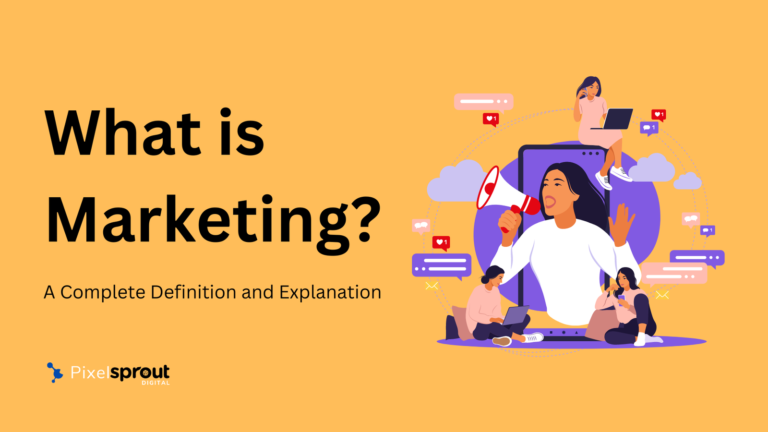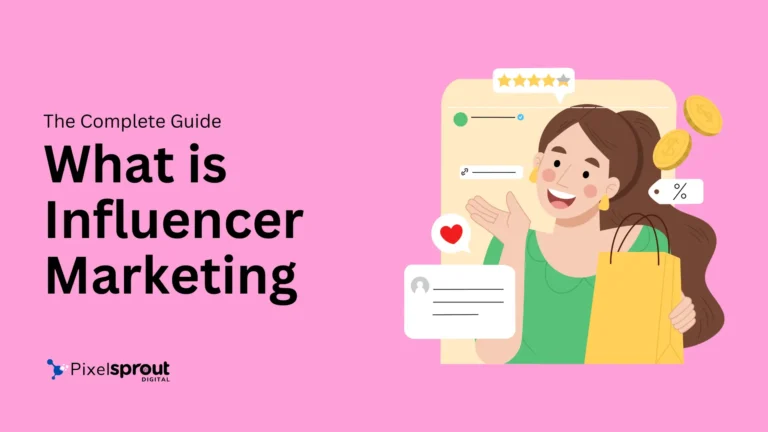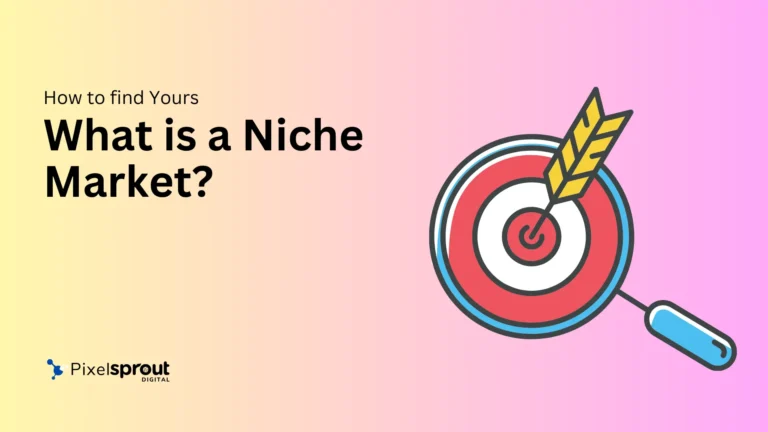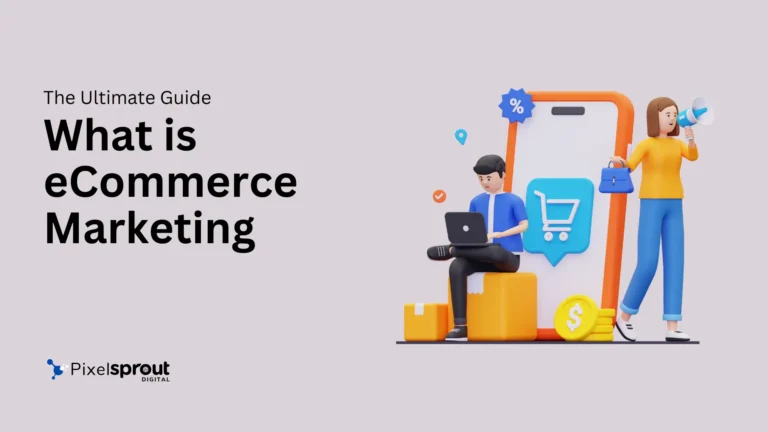How to Create a Detailed Buyer Persona to Boost Your Marketing Strategies
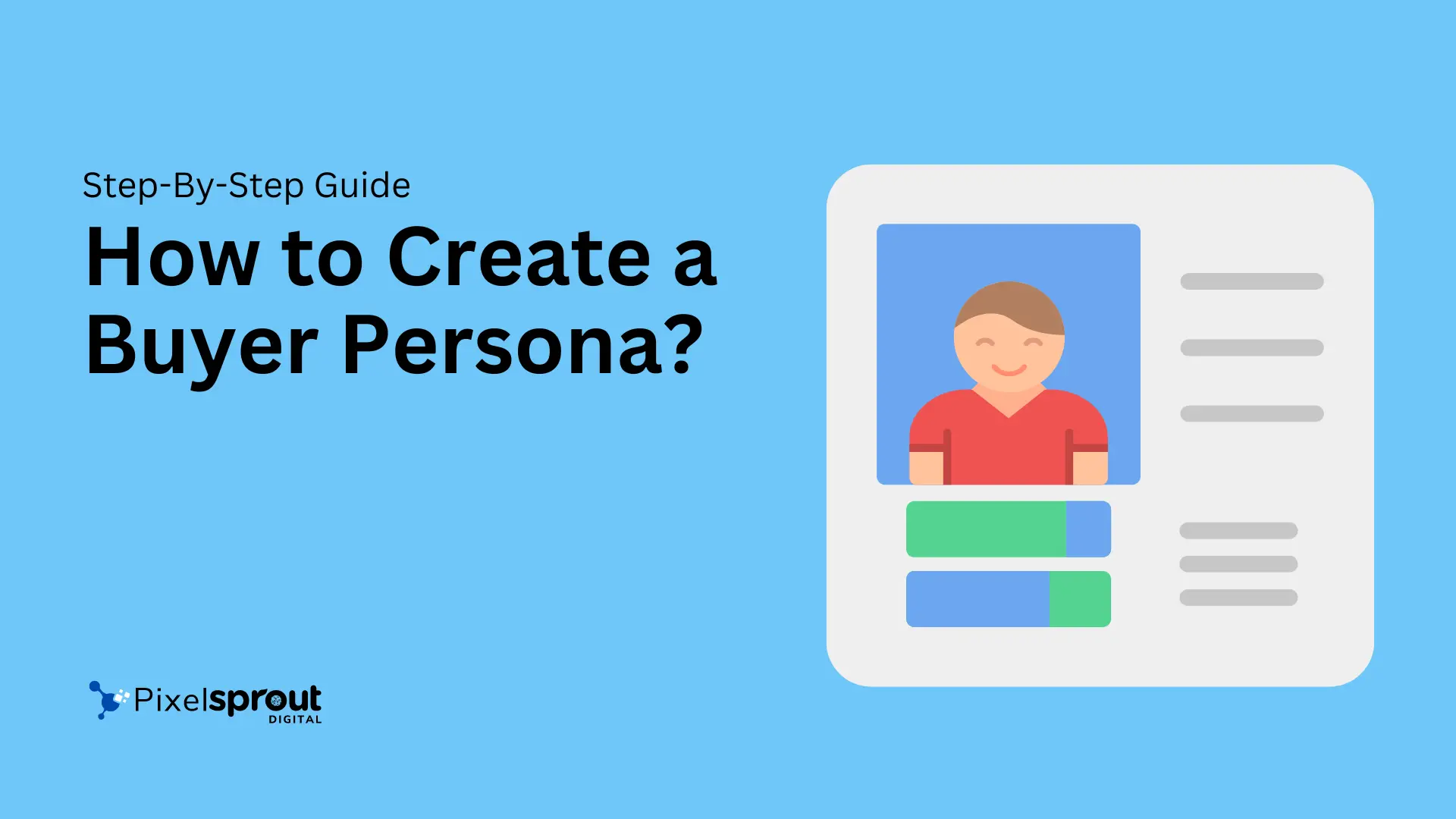
Creating an accurate buyer persona is crucial for understanding your target customers and improving your marketing efforts.
This step-by-step guide will teach you how to build detailed customer personas to represent your ideal customers.
Why Are Buyer Personas Important for Your Business?
Developing comprehensive buyer personas provides tremendous value for your business in multiple ways:
- Boosts your marketing strategies by helping you create targeted marketing messages
- Allows you to understand your customer base and their motivations better
- Helps improve user experience by addressing your personas’ needs and pain points
- Focuses your marketing efforts by keeping your ideal customer representation in mind
In short, accurate buyer personas are the foundation of an effective marketing strategy.
How Does a Buyer Persona Help Your Marketing Strategies?
A well-defined user persona allows you to:
- Create content that resonates with your target persona’s interests
- Highlight your product or service benefits that matter to your ideal customer
- Shape messaging that speaks directly to your persona’s goals and challenges
With messaging tailored to your buyer personas, your marketing campaigns become more effective.
Understand Your Customer Base Through Detailed Personas
Comprehensive buyer personas help you intimately understand your different customer categories. Creating specific personas for each customer segment allows you to:
- Deeply understand what motivates each persona
- Identify unique pain points faced by different personas
- Create tailored user experiences for each target customer group
In-depth personas lead to better outcomes.
How an Accurate Persona Improves Customer Experience
When you interact with customers keeping their unique persona in mind, it leads to:
- More positive conversations by addressing their specific needs
- Faster issue resolution by understanding their pain points
- Higher customer satisfaction through personalized interactions
Creating buyer personas ultimately helps improve CX.
The Importance of Persona Development for Marketing
Investing time in developing accurate buyer personas drastically improves your marketing outcomes by helping you:
- Identify the right marketing strategies based on persona interests
- Create messaging that truly resonates with each target audience
- Choose optimal communication channels tailored for each persona
- Set realistic marketing objectives keeping buyer persona behavior in mind
Persona development sets your marketing efforts up for success.
What is a Buyer Persona and How to Create It?
A buyer persona is a detailed, semi-fictional representation of your ideal target customer. It helps you understand your customer’s motivations, challenges, behavior patterns, and goals.
Steps to Create a Customer Persona
Follow these steps to build an actionable buyer personas for your business:
- Conduct buyer persona research: Analyze existing customer data, website analytics, survey results etc. to identify key customer groups.
- Map your customer journey: Understand the typical path customers take from awareness to purchase and beyond.
- Profile your ideal customer: Identify their demographic details like age, location, role etc. along with psychographics.
- Define their goals and challenges: Understand what motivates them and what pain points they want to resolve.
- Specify details like behavior patterns and objections: Capture details like preferred communication channels, buying process nuances, and hesitations.
- Make your persona visual: Bring your text-based buyer persona to life by adding a relevant image.
- Test and refine your personas: Get stakeholder feedback to improve accuracy and completeness.
Use a Buyer Persona Template
Leverage a pre-made buyer persona template to simplify the development process. Useful templates provide guidance to capture all relevant persona details in a structured format.
[View example buyer persona templates here →]
Examples of a Well-Structured Buyer Persona
An impactful buyer persona provides a wealth of useful details about your customer.
For example, a fictitious agriculture company’s farmer persona would share specifics like:
- Operates a 1500-acre farm growing corn and soybean
- 55 years old with 25 years of farming experience
- Reads agriculture magazines and listens to farming podcasts
- Motivated to maximize crop yield and maintain soil health
- Struggles with selecting optimal seeds and fertilizers
- Prefers meeting sales reps at agricultural shows
This level of detail allows for very tailored marketing and messaging.
Understanding Different Types of Customer Personas
Most businesses need multiple buyer personas to cover their diverse customer base. Build unique personas to represent different:
- Customer segments: Group customers with similar characteristics like industry, role, business size etc. into different personas.
- Product categories: Customers often interact differently depending on the product. Create multiple personas for your product range.
- Buyer journey stages: Customer behavior evolves across the awareness → consideration → purchase journey. Develop specific personas to cover the entire path.
With comprehensive personas, you can fine-tune marketing for each scenario.
How to Target Different Personas for Diverse Products
Customers consider different factors while buying various products in your portfolio.
For example, a B2B company selling office management software may require:
- Low-touch persona for self-serve purchases
- High-touch persona for enterprise implementation projects
Create personas highlighting motivations and goals for each major product line. This allows matching messaging and content for every offering.
Build Unique Personas to Represent all Customer Categories
Instead of taking a one-size-fits-all approach, build specialized buyer personas for each customer subgroup like:
- Industry verticals (healthcare, education etc.)
- Roles (business owners, IT managers etc.)
- Company sizes (startups, mid-market, enterprises)
This segmentation allows you to craft focused marketing plans. Define 4-5 major categories to begin with.
Conduct In-Depth Buyer Persona Research
Robust upfront research is crucial for constructing accurate buyer personas. Useful research sources include:
- Existing customer data: Analyze details from your CRM, surveys, interviews etc.
- Website analytics: Identify trends from traffic sources, search queries, content popularity etc.
- Market research: Get insights into your broader target market’s needs and behavior.
- Subject matter experts: Sales reps, customer success teams often provide valuable persona input.
Create in-depth, data-driven personas by triangulating insights from multiple research avenues.
Leverage Existing and Potential Customer Inputs
While existing customer analysis forms the base for your buyer personas, evaluating adjacent markets and emerging segments is also important to identify major gaps and future opportunities.
The goal is to develop relatively future-proof personas that serve as a strong foundation as your business evolves.
Utilize All Customer Interactions to Enrich Personas
Ongoing customer conversations present a ripe opportunity to gather additional persona inputs.
Train your sales, support and success teams to collect relevant data through:
- Sales discovery questions
- Support call analysis
- Customer satisfaction surveys
Continuously feed insights back into keeping your buyer personas dynamic.
Give Your Persona a Name and Face
While compiling characteristics during the persona development process, also give your persona a memorable name and face.
Adding realistic, relevant images and names helps bring your personas to life. It gives your team an easier reference point while discussing marketing initiatives and customer experiences.
Map Your Customer Journey to Enhance Personas
Complement your text-heavy personas with visual customer journey maps to illustrate your customers’ end-to-end experience spanning:
- Initial research phase
- Education and comparison
- Purchase considerations
- Post-purchase cycle
Seeing the persona path laid out is invaluable for crafting targeted content.

Key Takeaways for Creating Effective Buyer Personas
Remember these core tenets while developing your ideal customer personas:
- Conduct extensive upfront buyer persona research
- Build multiple granular personas covering all key customer categories
- Capture both behavior patterns and motivations for the persona
- Continuously gather new insights to refine your personas
- Bring your personas to life with visuals and memorable names
- Share your personas across marketing, sales and support teams
Comprehensive buyer personas lead to superior customer experiences and business growth. Invest in developing buyer personas now.

